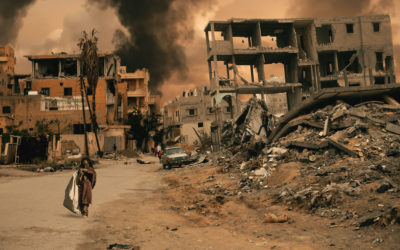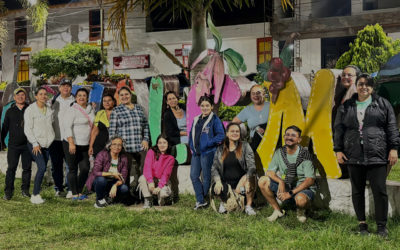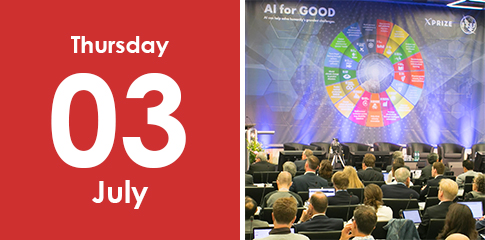Goods cross borders better than migrants
We live in a world where we can ensure unbroken cold chains for food items or vaccines through very distant countries and keep the perfect quality of the product. This happens thanks to an agreed set of strict standards and to a large number of agents working internationally. At the same time, however, the international system fails to provide basic human rights to the migrants when they move from one side of a border to another.
The tide is over but…
The European Commission has recently declared that the migration crisis is over. Understand by this that the migrants are not reaching Europe anymore or in much smaller numbers (-89 % in 2018 compared to 2015). The “measures” have paid off, namely the EU-Turkey deal, the manoeuvres in the Mediterranean basin and the application of strict migration policies by many European countries. However, migrants are not fewer globally, but are found in other countries, such as Turkey, Libya, or Morocco.
There are still huge human costs in the migration crisis, which has also produced long lasting effects on the political systems in Europe. The rising of populist movements in many countries is one of the hard realities we have to deal with. Immigrants have often been used as pretexts to express various demands that have been key to many elections (i.e. Italy or Sweden). Some migration policies have been developed and applied not on evidence but on myths and fake news(1). Pro-migrant social mobilisations have alternated with aggressive xenophobic demonstrations and deep political unease, characterised by a general absence of political consensus, vision and solidarity. There has been lost opportunities to tackle structural issues such as the demographic deficit in many aging countries and migration as a possible solution. This debate didn’t take place.
Other “migration crises” are occurring, most of them in South-South contexts and there are sad resemblances with the Mediterranean crisis. We can observe in all contexts the tension between the human global mobility and the response in terms of management of this mobility. It is short-sighted, mainly based on interests of Nation-States and prone to volatile national public debates.
The debates on migration can gain in maturity and in humanity if countries…
- Use more human rights indicators
Indicators for migrants’ basic human rights are necessary, if we want to make up for the lack of quantitative and qualitative data with regards to social and human impacts of migration. These indicators (such as the right to education, equality before the law, right to health, right to decent work, etc.) can facilitate and monitor progress and compliance with legal international obligations by the countries. On the other hand, it might show that the full exercise of migrants’ rights is an essential tool for social integration and economic benefit for the host countries. Finally, migrants’ rights indicators can allow evidence based policy-making, preventing irrational migration policies and contributing to weaken populist speeches.
- Implement a rights-based international collaboration
Frameworks of collaboration do exist but their application does often
not take into account the individual and social dimension of the
migrant. Take the Dublin III Regulation. Several tens of
thousands of people are concerned each year and subject to a rigid
procedure. Individual needs are dealt with in an administrative manner
without the necessary social support, although the Dublin Regulation does not exclude the possibility of individualised support (to ensure a better continuity of care across borders).
There is a great need of better connecting the different actors of
different countries, so that they can work transnationally on common
ground and use common standards and indicators. Good practices do exist
in many regions worldwide but mainly at small scale and not diffused
largely enough. In some contexts, regional cooperation has proven its
effectiveness. The Economic Community of West African States (ECOWAS)
has developed a mechanism based on common procedures and harmonised
standards to implement sustainable solutions for migrant children
between the 16 countries of the region.
The recent international arrangements on the issue of migration – the
Global Compact for Safe, Orderly and Regular Migration – could be used
as leverage and offer an opportunity to place the human rights of
migrants at the forefront. For their benefit, and for our benefit.
OLIVIER GEISSLER, DPP’14
Executive Director, International Social Service – Switzerland
o.geissler@ssi-suisse.org









0 Comments